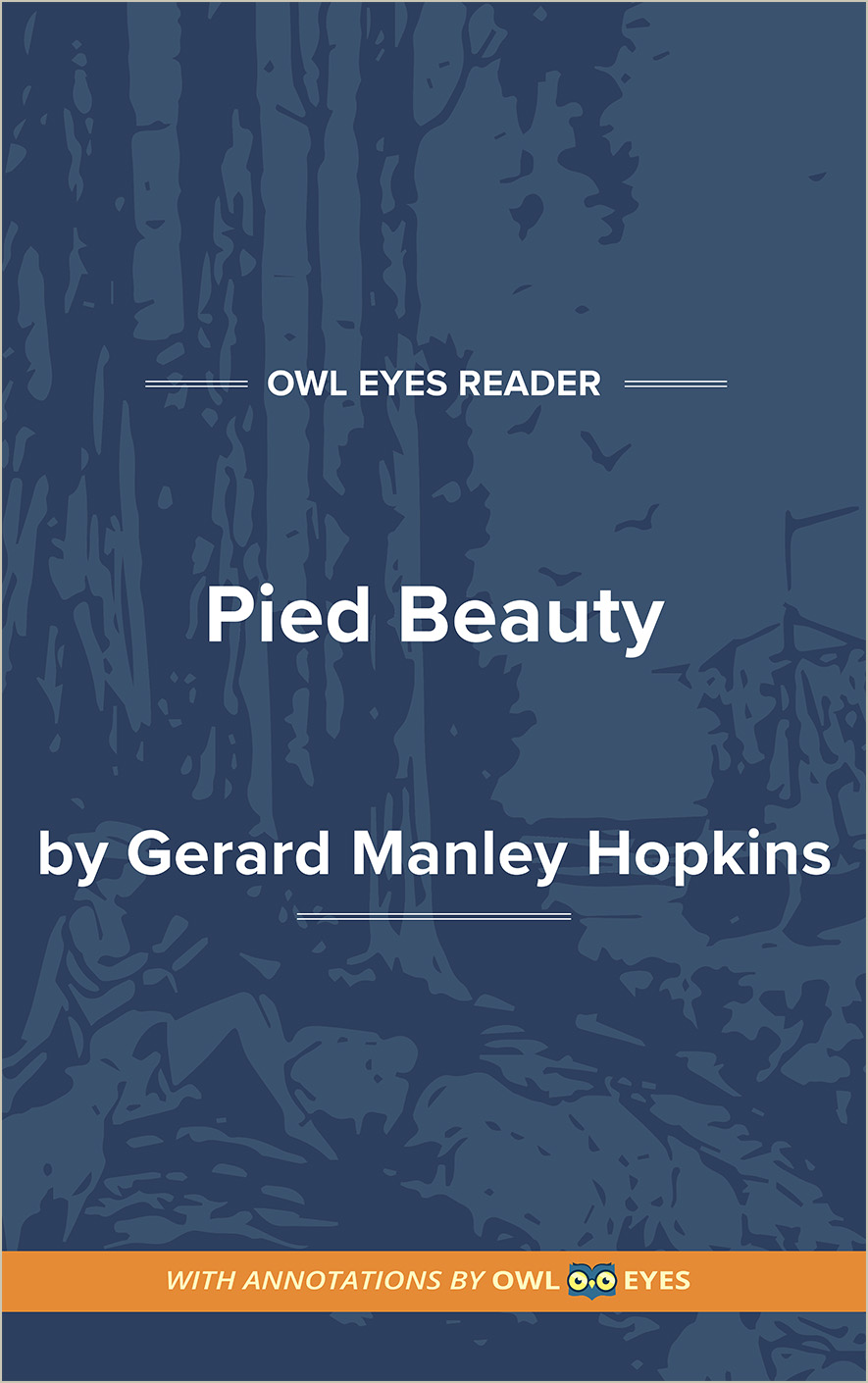Study Guide
Analysis Pages
Gerard Manley Hopkins Biography
In his lifetime few others than his teacher and confessor, R. W. Dixon, and his friend and correspondent Coventry Patmore knew of the genius Gerard Manley Hopkins. Given the nature of his life, however, it is perhaps astonishing that he or his poems ever became known.
A precocious child, Hopkins was reared and educated in Highgate, where one of the teachers, R. W. Dixon, may first have recognized the talents of the sensitive boy, although the correspondence between them did not begin until nearly twenty years later. Always introverted but an eager reader, Hopkins won the Headmaster’s Poetry Prize in 1860 and later a prize for “A Vision of Mermaids” (1862), which was reprinted in Poems of Gerard Manley Hopkins accompanied by a William Blake-like sketch. His interest and ability in music, especially composition, were also manifest early.
From 1863 to 1867 Hopkins attended Oxford University, where he studied under Benjamin Jowett, tutored with Walter Pater, and met Robert Bridges, who later became poet laureate and a collector of Hopkins’s poems. There Hopkins was converted to Catholicism in 1866, at which time he reputedly burned all his poems; most of them must have been reproduced later, if content is any guide. He also studied under the later cardinal John Henry Newman in a Jesuit school in Birmingham.
After his novitiate he taught classics at Stonyhurst, Lancashire Catholic College, and later he was professor of classics at the Royal University of Ireland. He started writing poetry again in 1875 with “The Wreck of the Deutschland,” a lament for the death of five nuns who were going into exile. His voluminous letter-writing also began at this time and continued until his death in Dublin on June 8, 1889, of typhoid.
Later critics have given Hopkins credit for introducing the offbeat “sprung” rhythm into poetry, although there is evidence to show that such innovation began with the...
(The entire page is 474 words.)
Owl Eyes subscribers get unlimited access to our expert annotations, analyses, and study guides on your favorite texts. Master the classics for less than $5/month!

